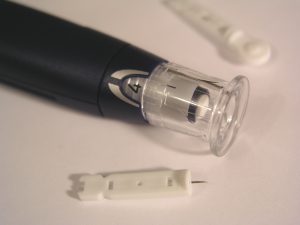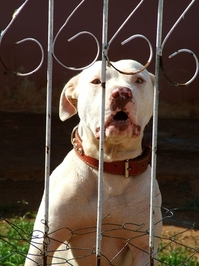
As a trial attorney specializing in personal injury cases, I have had the opportunity to handle various legal matters, including dog bite cases. Throughout my career, I have closely followed the evolution of dog bite case law in the state of Georgia. In this article, I will share insights and perspectives on the key aspects of dog bite litigation, examining relevant statutes, court decisions, and the responsibilities of dog owners. By understanding the intricacies of this area of law, we can shed light on the legal landscape surrounding dog bites and promote safer communities for both humans and animals.
The Statutory Framework
Dog bite cases in Georgia are primarily governed by statutory law. Under Georgia Code Section 51-2-7, dog owners are held liable for injuries caused by their dogs if they had prior knowledge of the dog’s vicious propensity. This statute follows the “one-bite” rule, which means that an owner may escape liability for the first incident, but subsequent incidents could expose them to legal consequences.
 Atlanta Personal Injury Lawyer Blog
Atlanta Personal Injury Lawyer Blog









